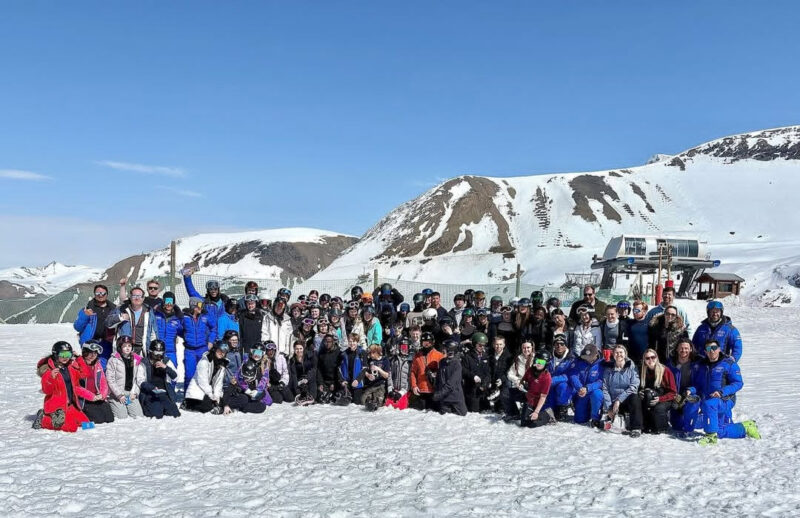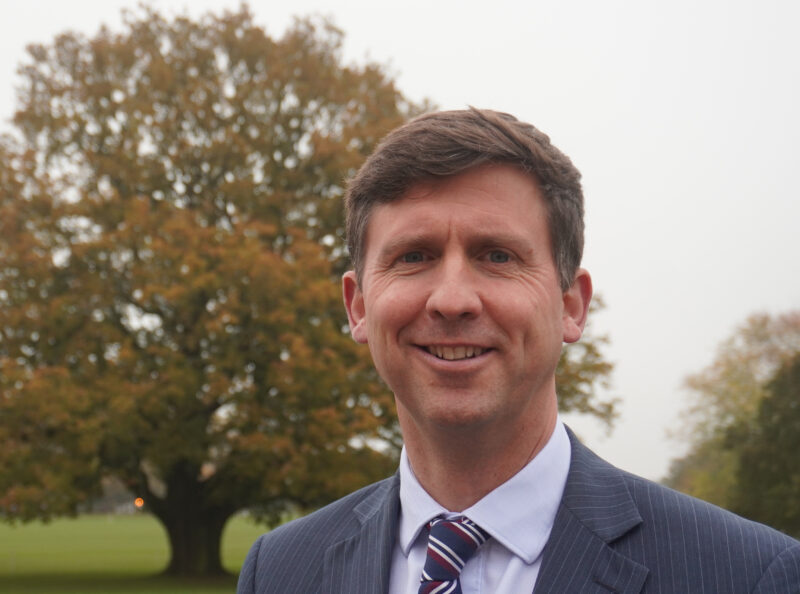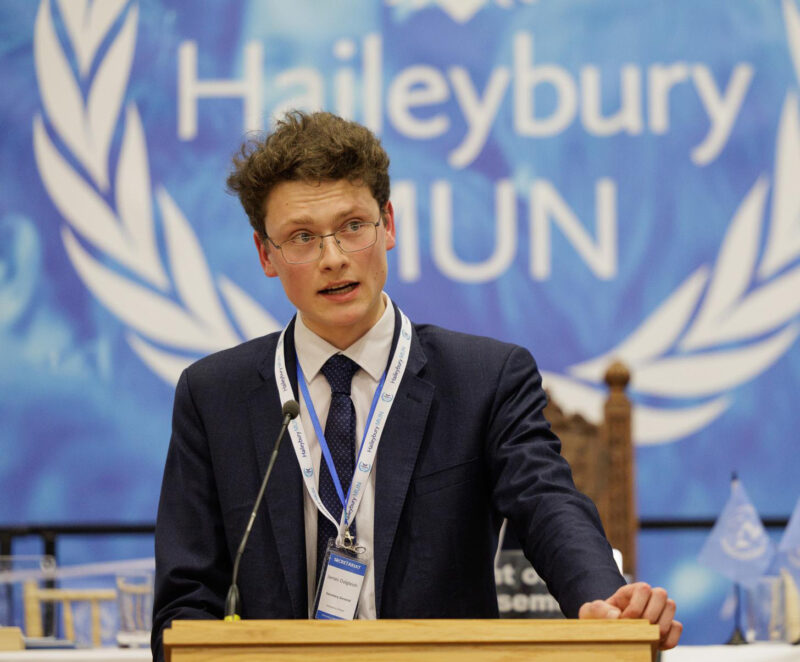This website uses cookies so that we can provide you with the best user experience possible. Cookie information is stored in your browser and performs functions such as recognising you when you return to our website and helping our team to understand which sections of the website you find most interesting and useful.
One Year Into A Ground-Breaking Global Biomedical Research Programme
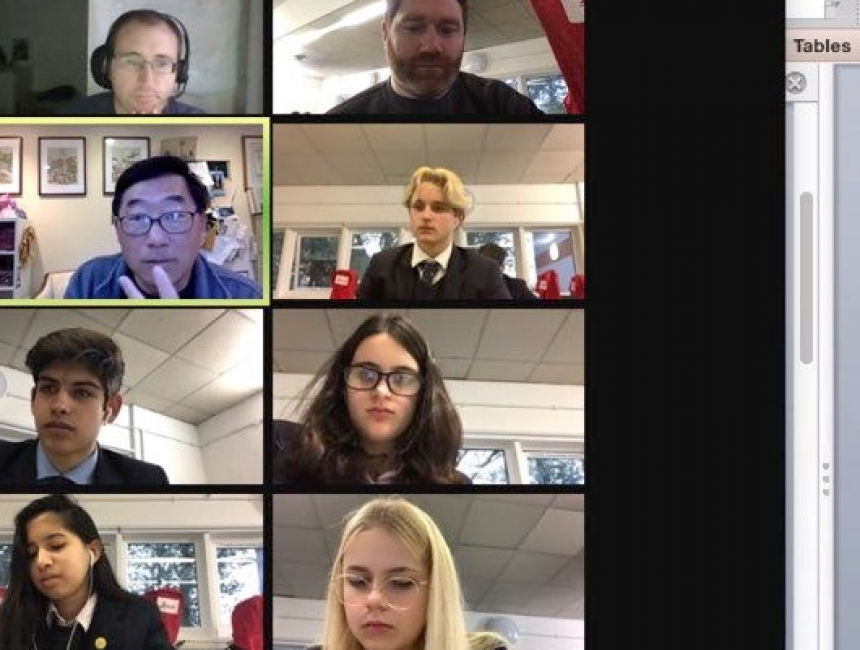
As the first term of the new school year begins to draw to a close, Haileybury looks back on just over one year’s involvement in the Stan-X research programme. A first of its kind, the pioneering study involves pupils from around the globe, working alongside leading scientists in an innovative university-level research programme based on experimental biology.
A pioneering biomedical research programme
The start of the academic year marked the beginning of a new cohort of Haileybury pupils taking part in the Stan-X programme following its successful implementation the previous year.
Stan-X study involves using fruit flies to find cures for diseases like pancreatic cancer and diabetes. Over the course of a year seven A-Level and IB pupils and their teachers will conduct what is considered genuine and unscripted research into the flies to understand how the genetic processes, which are similar to our own, drive human diseases.
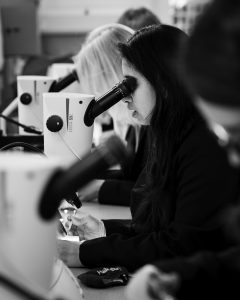
An unrivalled opportunity
Working from a purpose-built lab at Haileybury, using high-tech microscopes, the research sees pupils and their teachers work alongside scientists at Stanford University in the United States and Oxford University.
Last year, pupils in the Stan-X group took part in group international meetings to report their findings and played an active role in a global community of researchers. This also brought them the opportunity to be named as co-authors in peer-reviewed science journals and papers.
Leading the way for Europe
This makes the school the first in the UK to take part in this study, with unrivalled lab facilities.
Martin Collier, the Master at Haileybury, said, “We are very proud to have been invited to be involved in this project and to be the only school in Europe offering Stan-X. It is very exciting indeed to be involved in a project that so significantly enhances our pupils’ scientific understanding.”
From the USA, Professor Seung Kim, of Stanford University, agreed, “Haileybury pupils will play an important role in this research but, perhaps most importantly, will experience the joy, mystery and anxiety of attempting to make a discovery at an earlier stage of their education than most school pupils.
“Very few school pupils get the chance to be involved in the planning, execution and interpretation of scientific experiments to which teachers and students don’t already know the answers – I am sure that the Haileybury team will find this work exhilarating. Our additional expectation is that the instructors will quickly achieve considerable autonomy, ensuring the durability and flexibility of this experimental science programme.”
As we enter the second academic year of this remarkable programme at Haileybury, we eagerly await the outcome of this rewarding academic opportunity.
